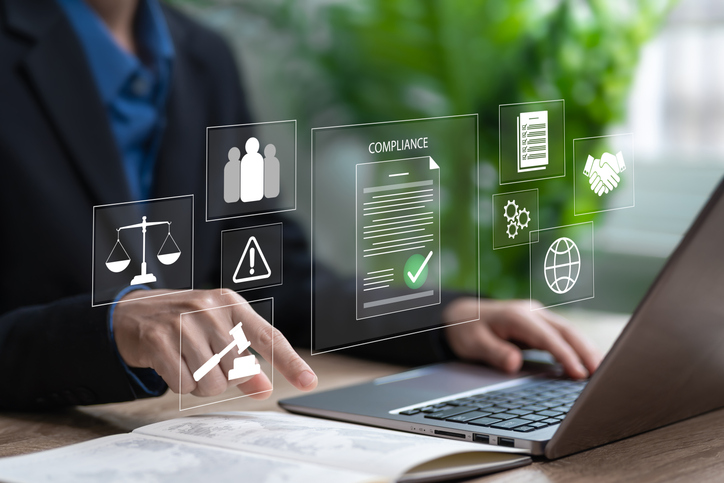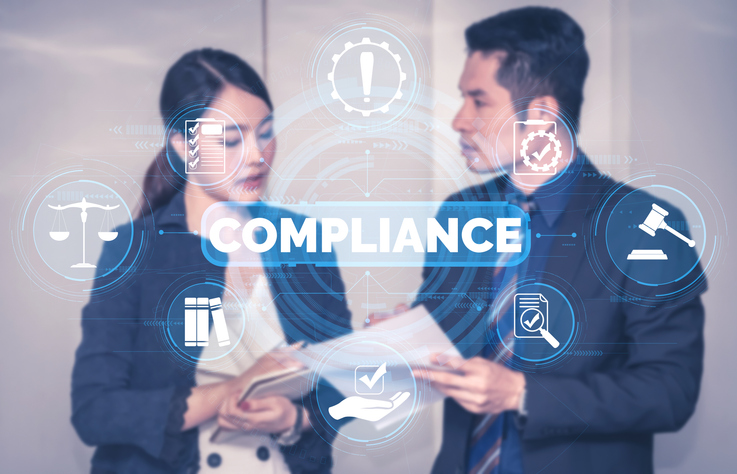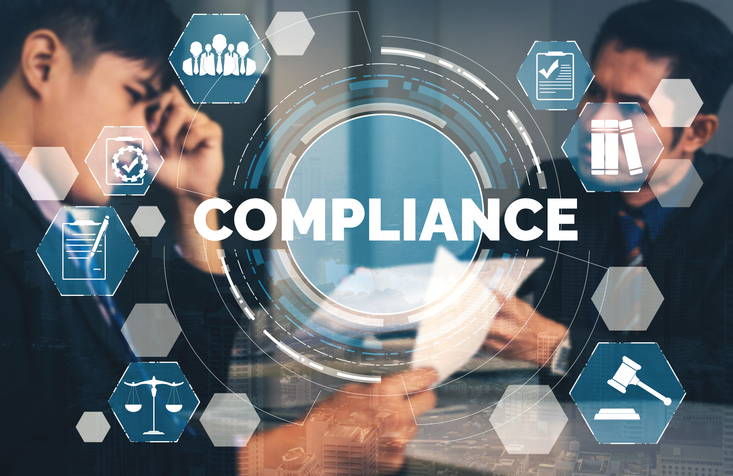When it comes to protecting sensitive health information, many organizations ask: What is PHI HIPAA, and why is it important? PHI, or Protected Health Information, is at the heart of the Health Insurance Portability and Accountability Act (HIPAA), a federal law designed to safeguard individuals’ medical privacy. Whether your organization is in healthcare, insurance, HR, or any field that handles employee health data, understanding HIPAA compliance and how it relates to PHI is essential to protecting privacy and avoiding costly violations.
What Is PHI HIPAA?
PHI refers to any information in a medical record or health plan that can identify an individual and that was created, used, or disclosed in the course of providing healthcare services. Under HIPAA, PHI includes data such as:
- Names, addresses, and birth dates
- Medical records and diagnoses
- Prescription histories
- Billing information
- Any health data linked to an identifiable person
Essentially, if health information can identify a specific individual, it qualifies as PHI and must be protected according to HIPAA regulations.
Why HIPAA Compliance Matters
HIPAA was enacted to ensure that patient privacy is protected and that organizations handling PHI use appropriate safeguards. For employers and administrators, compliance means:
- Protecting confidentiality: Ensuring employee health information is only accessible to those with proper authorization.
- Maintaining security: Implementing safeguards such as encryption, secure storage, and access controls.
- Avoiding penalties: Noncompliance can lead to hefty fines and reputational damage.
Beyond legal requirements, respecting PHI also demonstrates an organizational commitment to trust, confidentiality, and ethical workplace practices.
PHI and the Workplace
Even organizations outside traditional healthcare settings often handle PHI. For example:
- HR departments may receive doctor’s notes for medical leave or disability accommodations.
- Wellness programs may collect data on employee health screenings.
- Insurance providers working with employers exchange sensitive health details.
It’s critical for leaders and employees alike to understand HIPAA privacy rules to prevent accidental disclosure or mishandling of PHI.
Best Practices for Protecting PHI
Organizations can strengthen HIPAA compliance and safeguard PHI by following these best practices:
- Train employees on HIPAA privacy and security rules.
- Limit access to health data to only those who need it.
- Use secure communication tools for transmitting sensitive health information.
- Regularly review policies to ensure ongoing compliance with HIPAA standards.
Final Thoughts
So, what is PHI HIPAA? At its core, it’s the protection of sensitive health information under federal law. For organizations, this means taking proactive steps to ensure HIPAA compliance, prevent breaches, and build a workplace culture of trust and respect. By prioritizing the protection of PHI, employers not only meet legal obligations but also strengthen employee confidence and organizational integrity.








